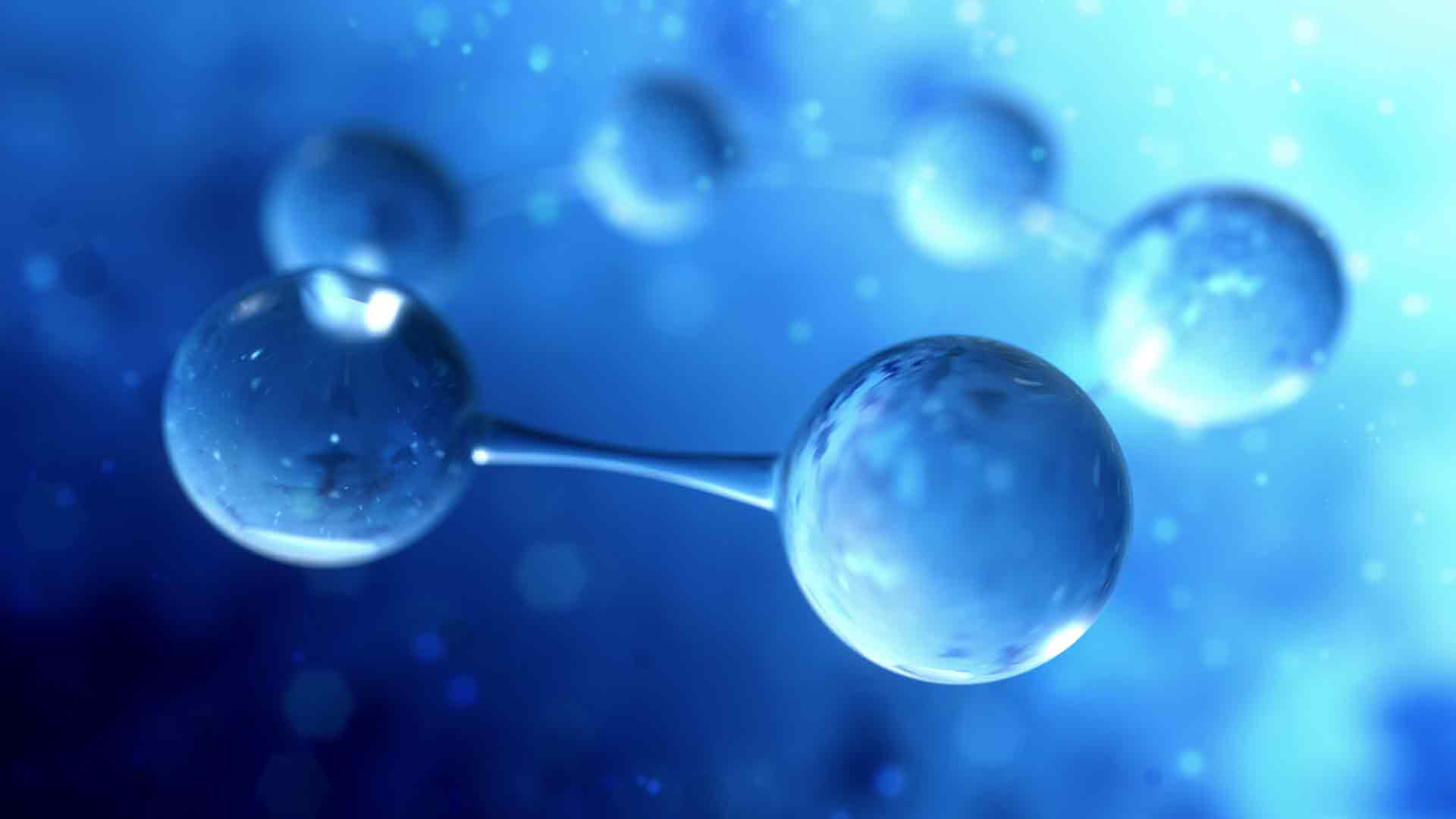Summary
The Port Kembla Steelworks Renewables & Emissions Reduction Study will investigate the technical and economic feasibility of renewable energy and decarbonisation technology pathways that have the potential to decarbonise the steelmaking process at the Port Kembla Steel Works (PKSW).
Need
Steelmaking is emissions intensive. BlueScope’s Australian operations emitted 7.3 million tonnes of CO2-e in FY2019, contributing about 1.3 percent of Australia’s total greenhouse gas emissions. BlueScope has published its medium-term target to reduce steelmaking (including PKSW) emissions intensity by 12% between 2018 and 2030 and a net zero by 2050 goal. To achieve this, innovative low emissions steelmaking processes need to be investigated.
Learn more
Action
The Port Kembla Steelworks Renewables & Emissions Reduction Study will investigate the technical and economic feasibility of two technological pathways:
1. Smart Carbon Usage: substituting fossil fuels with renewable carbon-based materials and converting plant-generated gases into manufacturing chemicals, including:
- renewable biochar to partially replace pulverised coal injected into the blast furnace, coal derived fuels in iron ore sintering and or metallurgical coal in cokemaking
- using plant-generated gases to reduce emissions
- processing blast furnace top gas to produce a hydrogen-rich stream
- a smelting-reduction process using fine iron ore, fine coal and pure oxygen (potentially replacing cokemaking and iron ore sintering) to produce iron and concentrated carbon dioxide gas for carbon capture and storage, thereby replacing current cokemaking, iron ore sintering and blast furnace process units.
2. Direct Carbon Avoidance: using hydrogen derived from renewable energy in steelmaking processes, including co-injection of renewable hydrogen into the blast furnace for partial replacement of coal. In the longer term, transition steelmaking capacity from carbon-based blast furnace processes to full hydrogen-based Direct Reduced Iron / Melter and other emerging technologies.
Outcome
The project will produce knowledge sharing reports on the potential emissions reduction opportunities at the PSKW and a short list of prioritised options for further consideration. The reports will lead to:
- an improved understanding of the feasibility of various pathways and technologies to reduce emissions in steelmaking
- an improved understanding of the pathway to commercialisation for various decarbonisation technologies in steelmaking, ideally forming the basis for a case for capital investment in the best option
- an improved understanding of the technical implications of using biochar in blast furnaces for steelmaking through pilot-scale and plant-scale testing.





